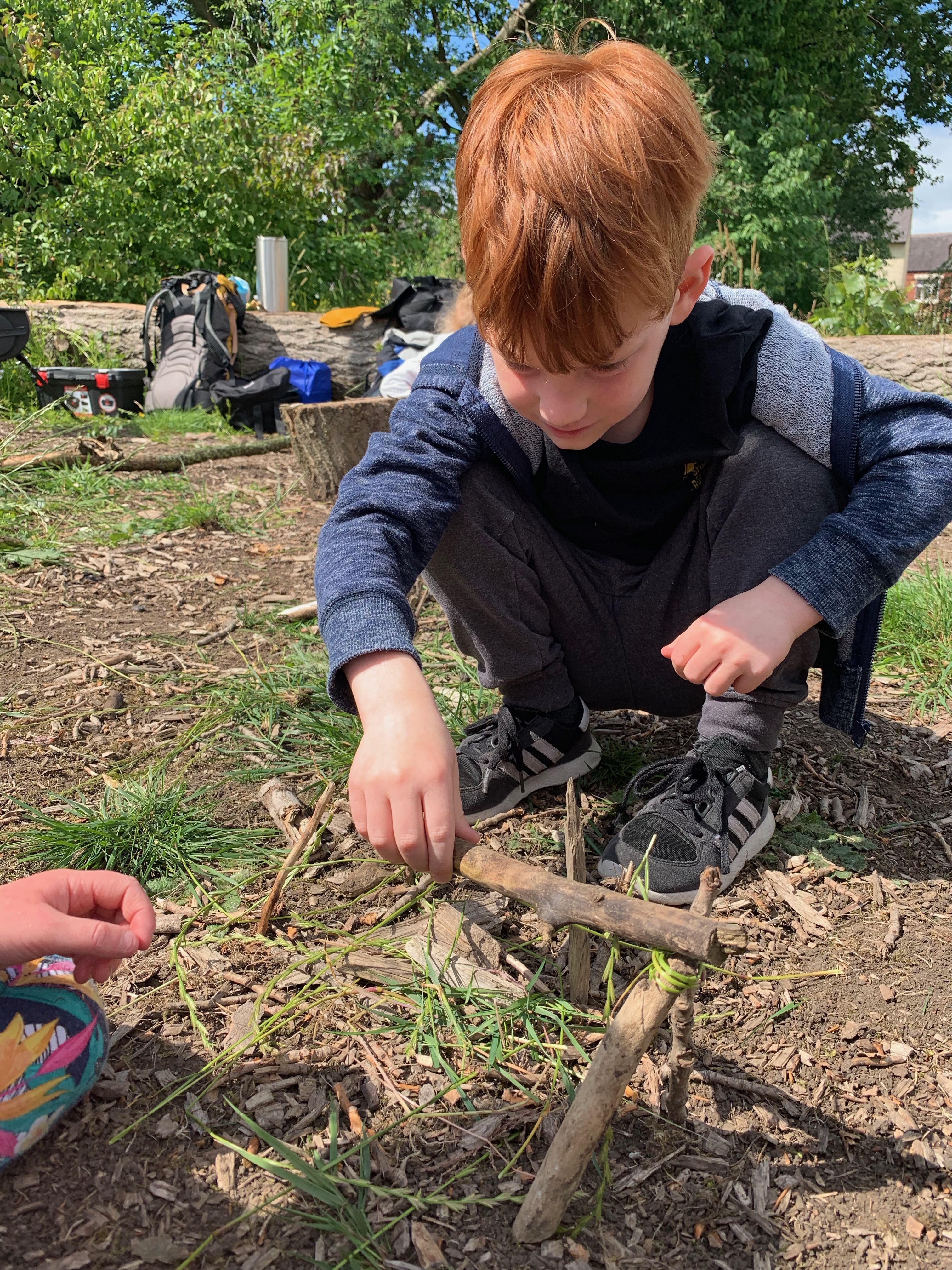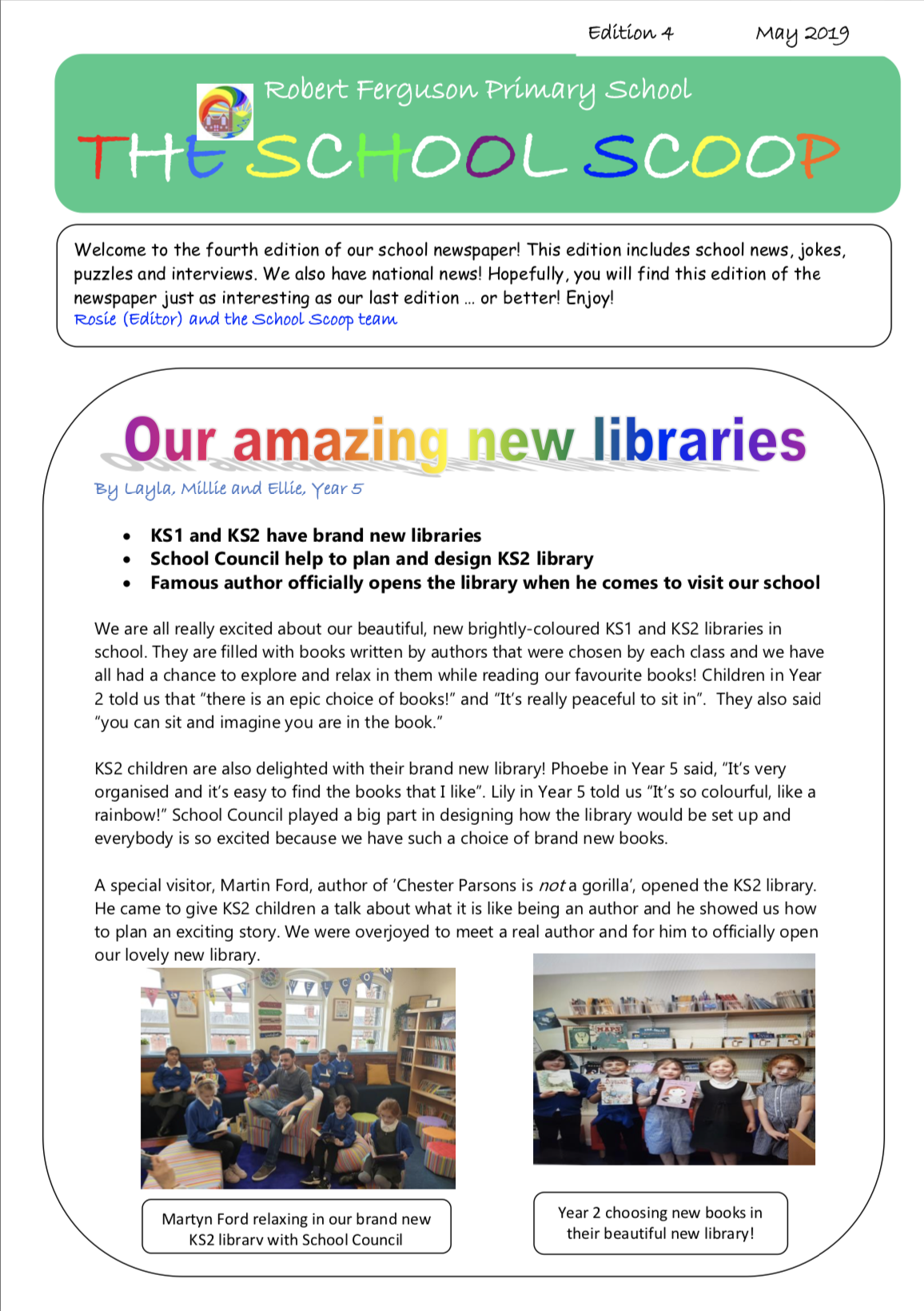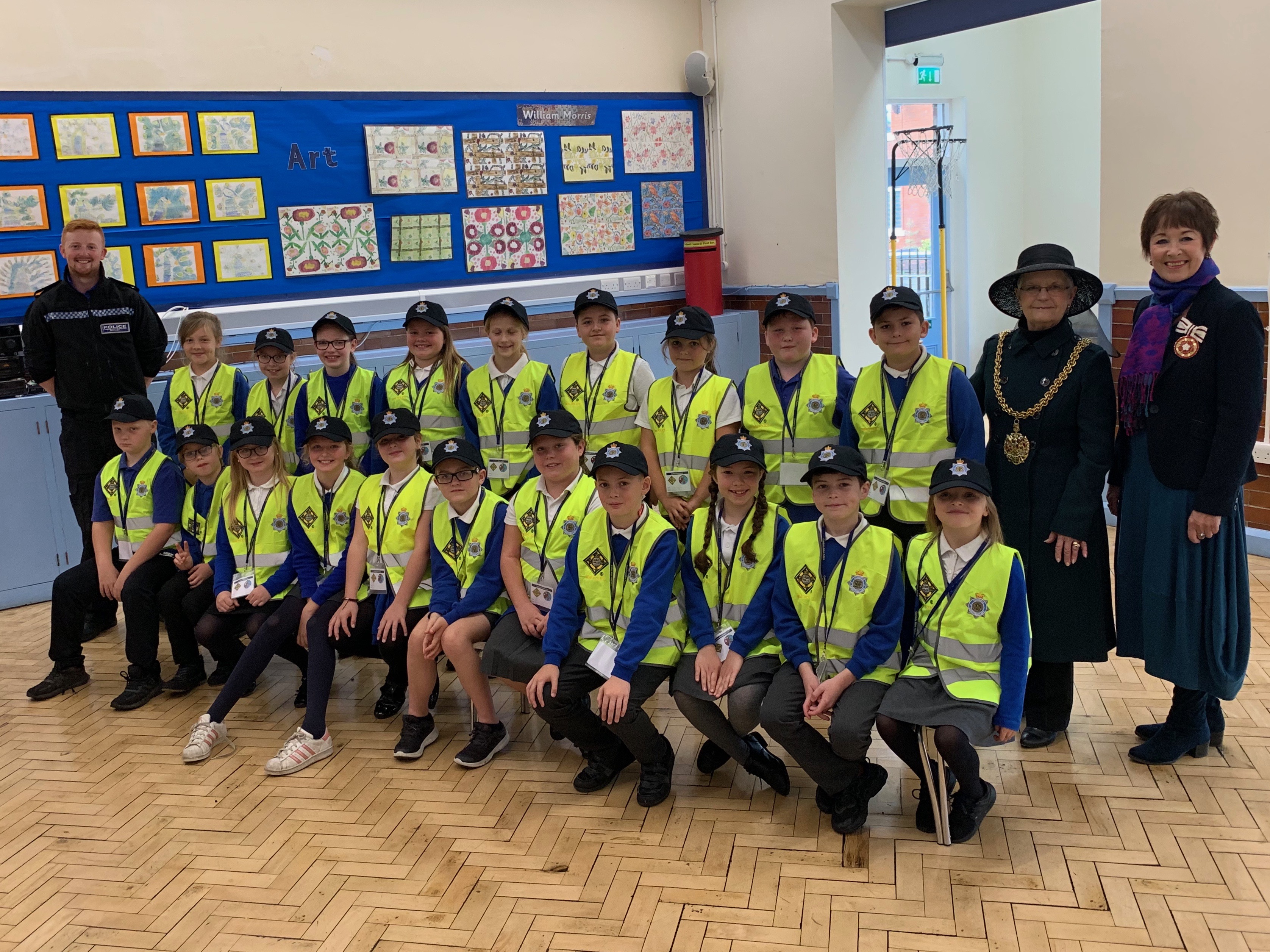

Robert Ferguson Primary School, East Dale Street, Denton Holme, Carlisle, CA2 5LA 01228 535091
Headteacher Mr Graham Frost BEd (Hons) NPQH MA
Current & Recent Projects
One-to-One Tuition Programme
Our response to the need to boost learning following periods of Covid-19 lockdown school closure is firmly based on research evidence. One-to-one tuition has been found to be highly effective in boosting progress by approximately 5 months on average. In the school year beginning September 2021 we seconded two highly experienced class teachers to undertake this work, and are seconding a teacher again in the 2022-2023 school year from November 2022. The 1:1 tuition enabled children to become much more confident, and plugging gaps in learning which might otherwise have caused them to struggle with next steps in learning during lessons.
Our 1:1 tuition is over and above the school-led tutoring programme which ran from January to July 2022 and provided 2,437 hours of tuition to 242 pupils. This programme will also recommence from January 2023.
Environmental Education
 In April 2019, Robert Ferguson pupils responded to their learning about climate change by holding an event entitled "Cumbria Youth Climate Change Summit" which was attended by pupils from 30 schools from across Cumbria. Since then, our pupils have gone on to produce a series of videos highlighting their concerns and established an eco council to further their response to climate change and biodiversity loss. See our videos.
In April 2019, Robert Ferguson pupils responded to their learning about climate change by holding an event entitled "Cumbria Youth Climate Change Summit" which was attended by pupils from 30 schools from across Cumbria. Since then, our pupils have gone on to produce a series of videos highlighting their concerns and established an eco council to further their response to climate change and biodiversity loss. See our videos.
In class, the children continue to learn about sustainability with a conviction that we all need to do our part, and working towards the UN Sustainable Development Goals.
There are endless possibilities for children to write and respond to environmental education, including through the arts, poetry, song and letter writing. Our pupils have written to the government and supermarkets on the subject of plastic packaging. Children also responded to the damage being caused by the palm oil industry, writing to supermarkets to encourage them to reduce or stop stocking products which use palm oil.
Through Religious Education, incorporating Philosophy for Children we have had debates about "Whose responsibility is it to respond to climate change?' and "What are our roles as future adults?" and the issues around deforestation. Children have produced videos in which they expressed their concerns about the environment - which can be seen here.
We are also taking steps as a school to reduce our carbon footprint, including installing 83 solar panels in 2021 and rewilding parts of the school grounds with hundreds of trees, wildflowers to attract polinators, and growing our own vegetables for the school kitchen (see our video about making beetroot carrot salad).
Forest School
 Forest School is an ethos, a way of life that is designed to teach, support and develop individuals in a forest or natural environment. It follows a set of 6 principles for good practice which ensure that all participants at Forest School get the same quality experience. They are a series of sessions delivered over time, rather that a one-off visit. It helps to reconnect the learner with their natural environment while keeping links with school education.
Forest School is an ethos, a way of life that is designed to teach, support and develop individuals in a forest or natural environment. It follows a set of 6 principles for good practice which ensure that all participants at Forest School get the same quality experience. They are a series of sessions delivered over time, rather that a one-off visit. It helps to reconnect the learner with their natural environment while keeping links with school education.
At RFPS we are just developing our approach to Forest School and how it will fit in with a busy curriculum. The main benefit for us is that it provides real-life experiences for the children to build upon in other areas of their school life, such as writing. For example, some well received sessions are based around the Julia Donaldson story, Stick Man. We believe that Forest School is going to have a profound impact on the lives of the children who take part. They are already beginning to reconnect with their environment and have a better understanding of the many learning, health and well-being benefits of being outside.
In 2023 we plan to expand the number of staff members trained to deliver Forest School, to increase the opportunities for children to benefit.
Learner Dispositions
The teaching of learner dispositions is often referred to as "character building" or "learning to learn". We teach our pupils to understand what helps them to be effective learners. You will see evidence of this on the certificates pupils receive when they accumulate sufficient house points for:
- effort
- perseverance
- working together (community spirit or collaborative learning)
- achievements
Learning to learn is also often referred to as "metacognition and self-regulation" and there is strong evidence that this has a highly positive impact on children's progress and learning.
Ever Since a joint research project we undertook with University of Cumbria in 2014-2015, we have been in the routine of periodically reviewing the dispositions we aim to nurture, and we express these as statements, which guide our teaching of learner dispositions:
- I empathise with others and show kindness.
- I take risks, enjoy a challenge and set high goals for myself.
- I focus on completing my work to a high standard and manage distractions.
- I am curious; no question is too big.
- I think carefully, critically and solve problems.
- I use my imagination and think creatively.
- I can be independent and learn by finding useful resources.
- I collaborate by listening, sharing ideas and giving feedback.
- I persevere when the task is difficult and learn from mistakes.
- I reflect on how I have done and seek to improve.
- I believe that practice and effort make my intelligence grow.
We firmly believe that this work has helped shape learning behaviours and attitudes across school, helping our pupils to develop self-belief, to persevere and aim high.
Empathy Lab
 We were one of 11 pioneer primary schools across the UK who worked with Empathy Lab and lots of authors and publishers involved in pioneering experimental approaches which harness the power of stories to build a central life skill for children - empathy. Through reading fiction, children are able to imagine what it is like to be someone else and see things from many different perspectives. This enables children to develop skills and understanding which will help them in a range of social situations and help them to be as kind and understanding as possible. Our work on Empathy Lab has left a lasting mark on how we teach reading, and we continue to engage in the annual 'Reading for Empathy Day' and purchase books recommended by Empathy Lab for the children to read.
We were one of 11 pioneer primary schools across the UK who worked with Empathy Lab and lots of authors and publishers involved in pioneering experimental approaches which harness the power of stories to build a central life skill for children - empathy. Through reading fiction, children are able to imagine what it is like to be someone else and see things from many different perspectives. This enables children to develop skills and understanding which will help them in a range of social situations and help them to be as kind and understanding as possible. Our work on Empathy Lab has left a lasting mark on how we teach reading, and we continue to engage in the annual 'Reading for Empathy Day' and purchase books recommended by Empathy Lab for the children to read.
School Newspaper
 We encourage our pupils in Years 5 and 6 to contribute to The School Scoop, producing some wonderful printed and digital editions which are linked from our newsletter page. More recently, our budding reporters have been contributing articles to our more frequent news editions, giving them opportunity to report on recent events in the life of the school.
We encourage our pupils in Years 5 and 6 to contribute to The School Scoop, producing some wonderful printed and digital editions which are linked from our newsletter page. More recently, our budding reporters have been contributing articles to our more frequent news editions, giving them opportunity to report on recent events in the life of the school.
Our news team have also been given the opportunity to take part in several writing workshops with local News & Star journalist, Pam McGowan, who showed them the steps involved in writing a news report and preparing it for print. The children were delighted to have an article about their newspaper club printed in the News&Star.
Mini Police
 In 2019 Robert Ferguson pupils took part in mini police - an excellent opportunity to work alongside our local police to make a valuable contribution to community life.
In 2019 Robert Ferguson pupils took part in mini police - an excellent opportunity to work alongside our local police to make a valuable contribution to community life.
Our Mini Police programme was launched in October 2019. We had a wonderful initiation ceremony for our new Mini Police recruits, where they received their official uniforms and badges from the Mayor of Carlisle, Deputy Lieutenant Tess Hart and PCSO Dane Herd. Every term, our Mini Police will receive training on a special topic with PSCO Dane and present their learning to their classmates.
The children learned about county lines and for doing such a fantastic job reporting back to their classes, they were rewarded with a visit from a police van. The children had a wonderful time exploring a real police van and had lots of questions about what a typical day for a police person might be like.
See the mini police newsletter.
We hope to take part in this initiative again, soon!